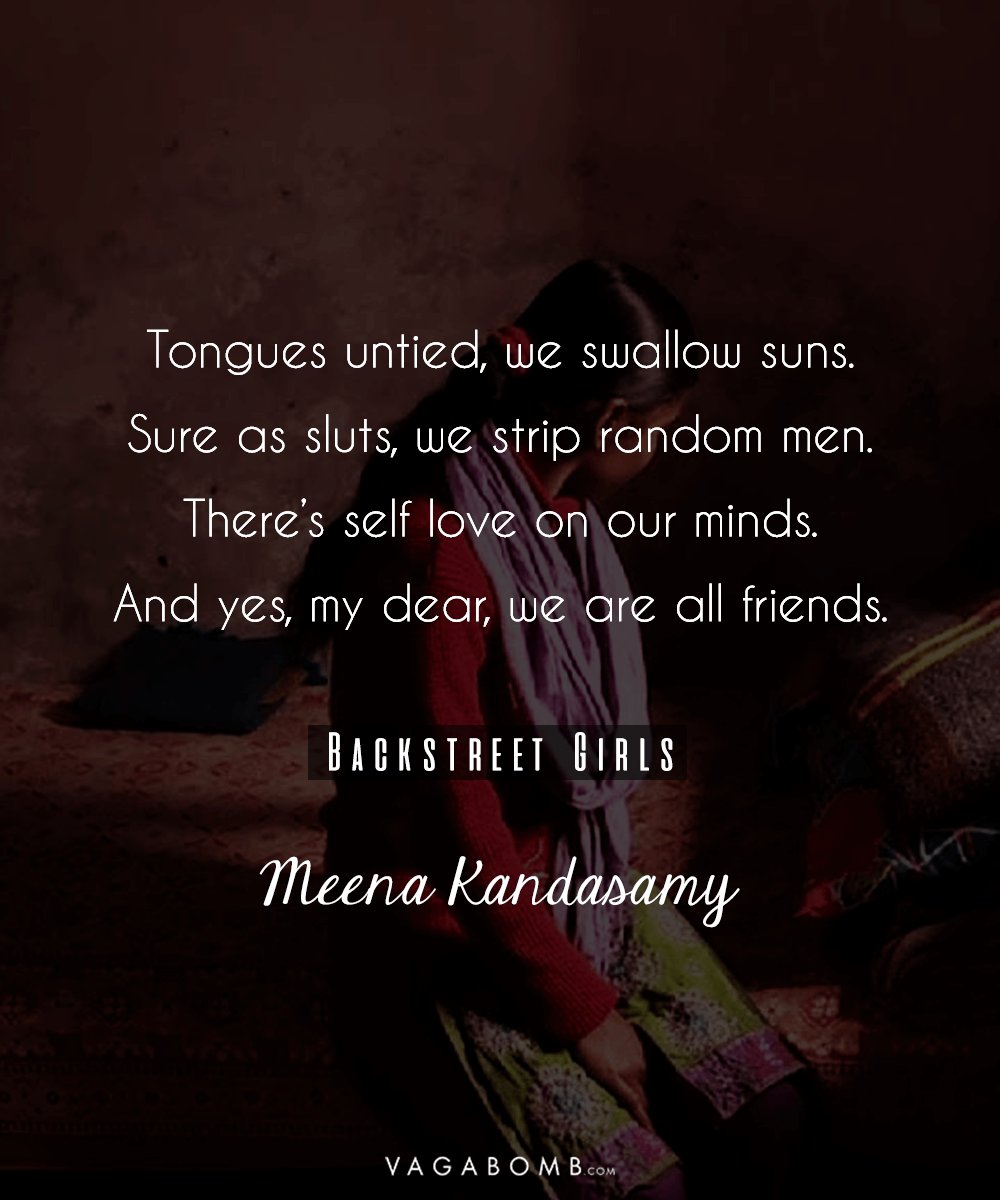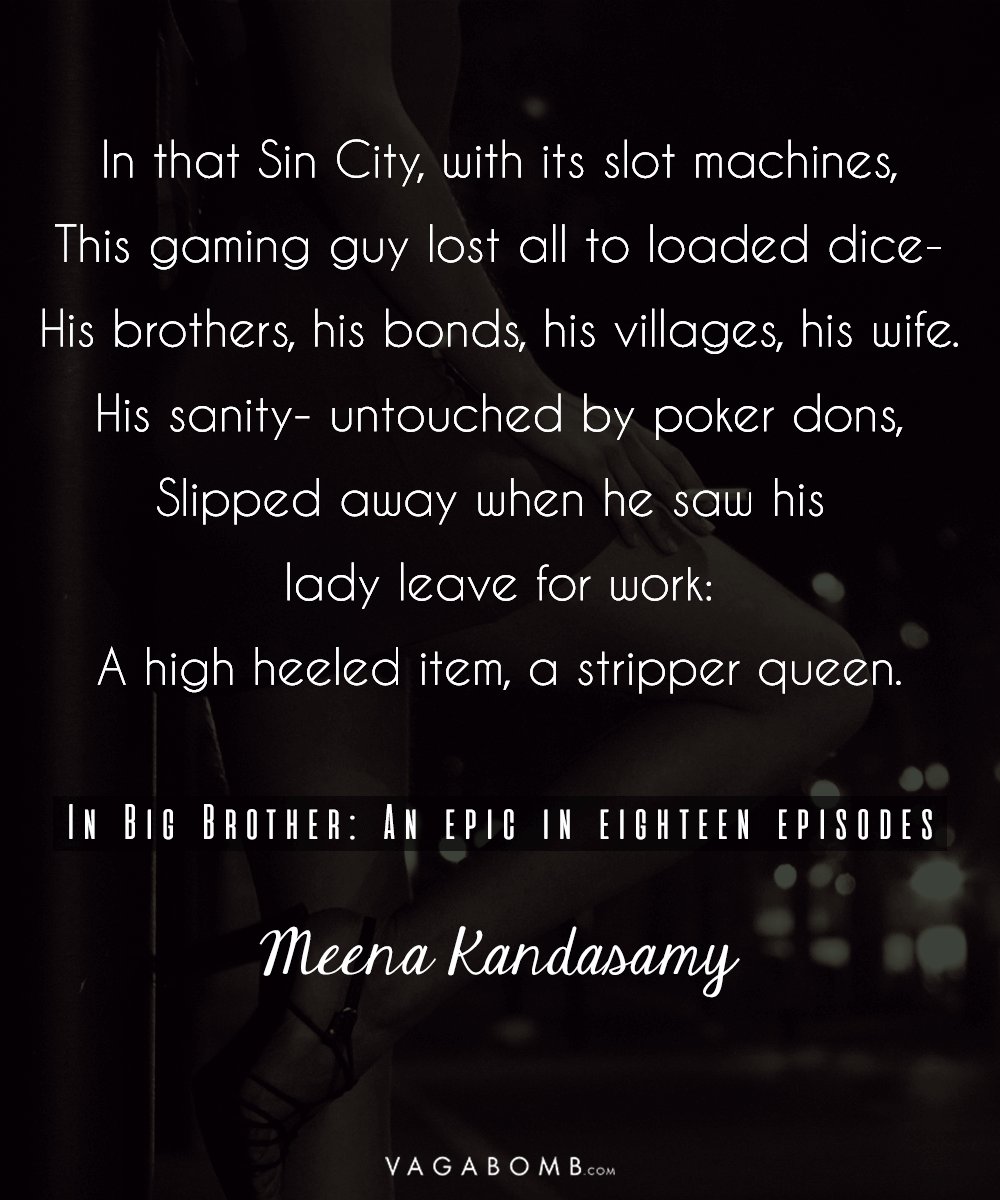
It’s also really a very important question of where do you want your work to stay? Do you want your work to stay in terms of just the theme? You know, let’s say domestic violence, marital rape. So for me, it was very clear from the start, but also this question of nonfiction versus fiction. You can be absolutely wild, but you also have to be absolutely credible within that little world that you create. It couldn’t just have happened, you know? So that’s one thing that we owe to fiction, as much as we say it’s a product of imagination. You know, if I wrote everything as it happened, we would be like, this is incredible. I think, for instance, the universe of fiction has to be believable. And for me, these are questions that, you know, so there are things that happened, let’s say. Am I just writing something that happened as it is? Or am I trying to make art out of it or make literature out of it? And especially create and imagine literature. Meena: I think for me, it’s not just a question of is it fiction or nonfiction as it is a question of is it a novel or is it a memoir? For me, it’s much more a question of genre, in terms of what am I trying to do. But I have to ask, why do you think people care so much? And does it really matter if it’s fiction or nonfiction?

And you’ve already addressed a little bit about why people are having that conversation. Kendra: I think about a lot of the conversations and interviews that I’ve heard with you about When I Hit You, and a lot of conversations in the UK centered on whether or not this book is fiction or nonfiction.

In this episode of Reading Women, Meena Kandasamy joins Kendra Winchester to discuss her new novel, When I Hit You: Or, a Portrait of the Writer as a Young Wife, out now from Europa Editions.


 0 kommentar(er)
0 kommentar(er)
